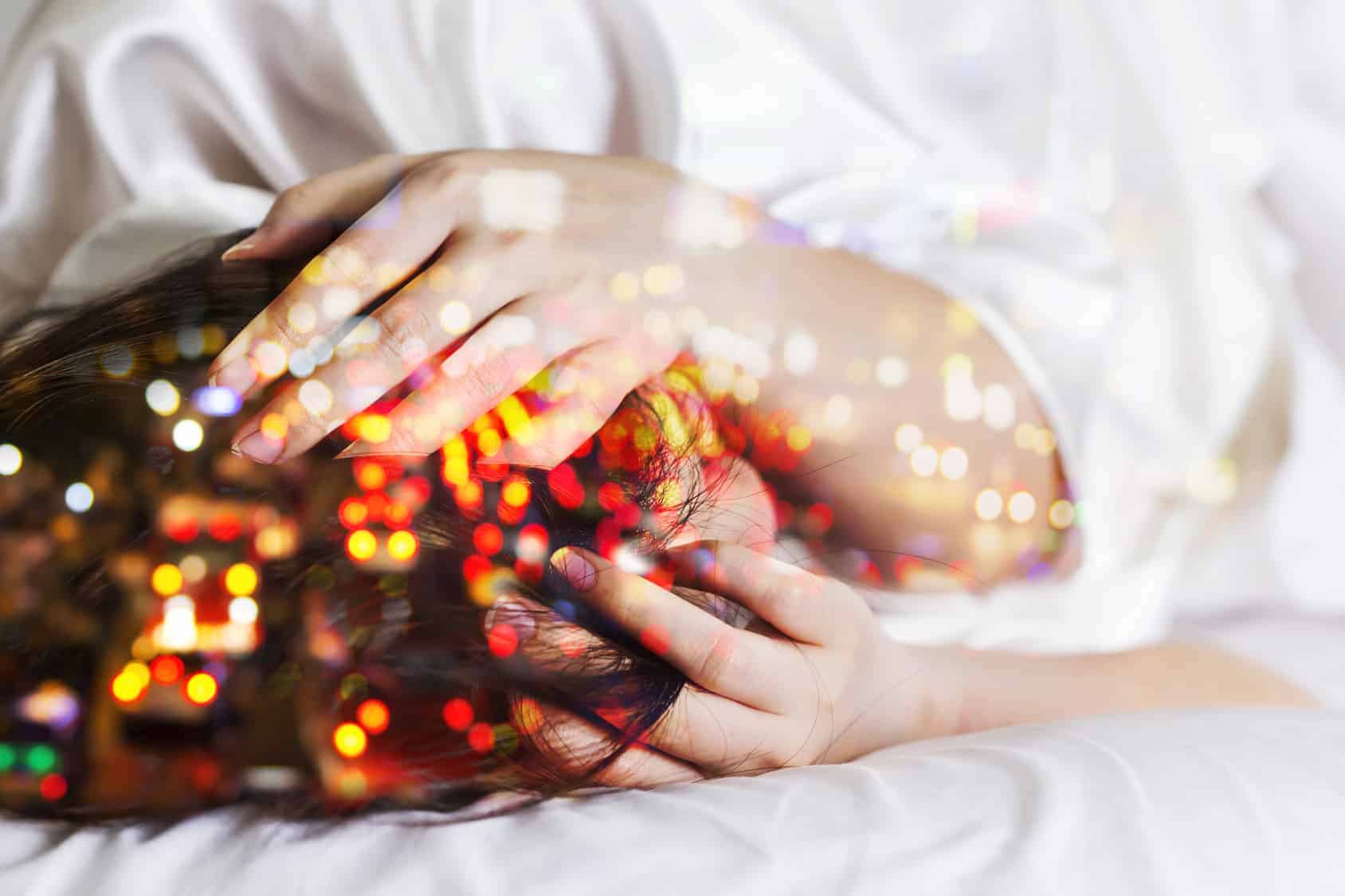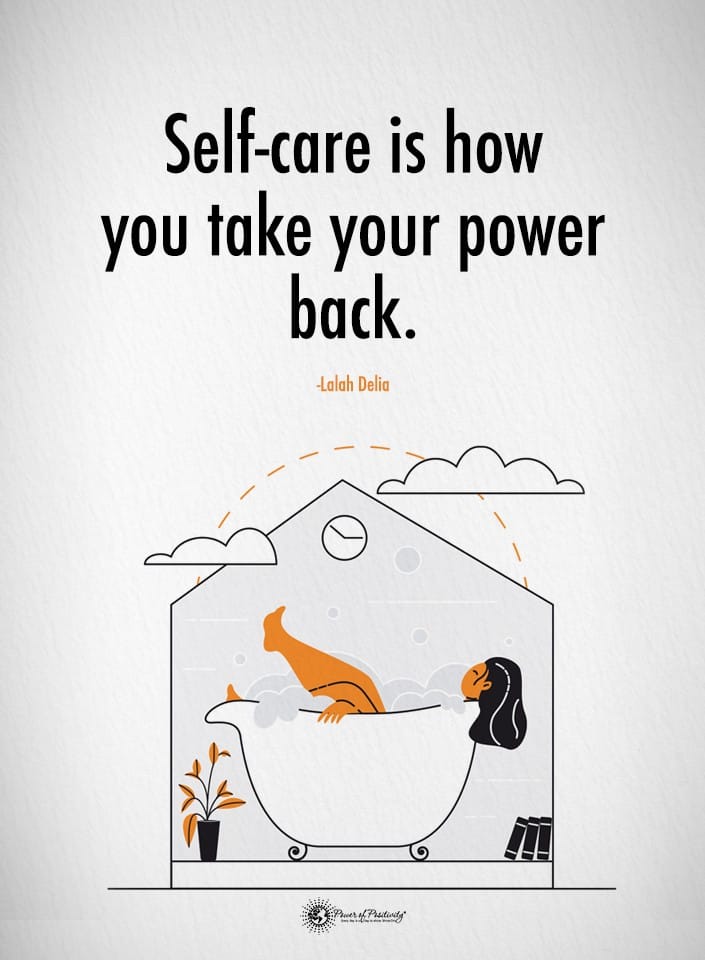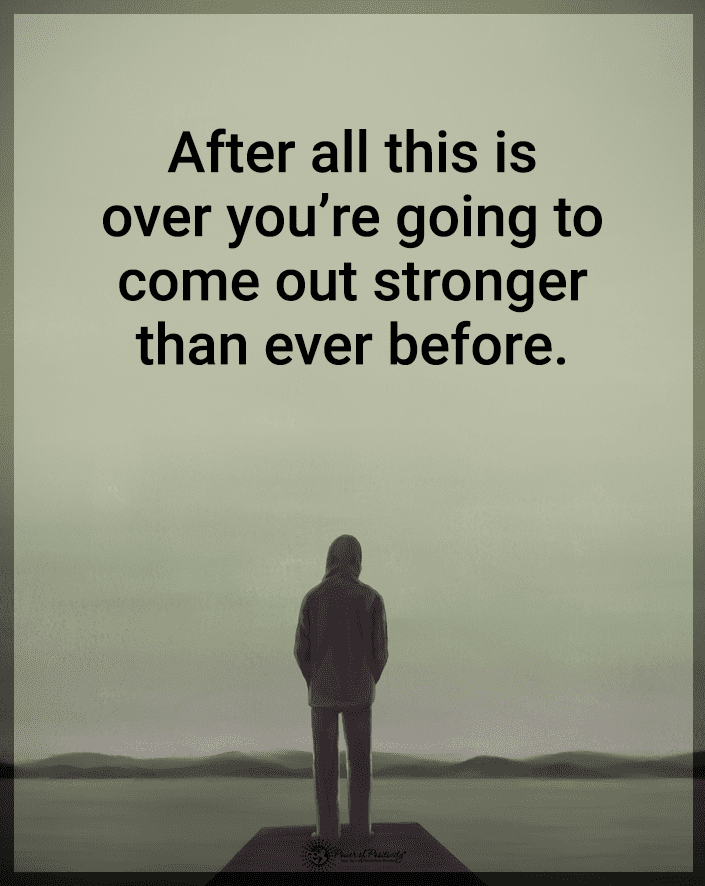Many folks enjoy a drink or two after a long day at work, and why not? Many workplaces are stressful. Deadlines, gossip, a demanding boss are all common complaints of people that spend 40-plus hours in a stress-laden environment. Fortunately, a drink or two seemingly produces minimal effects on sleep quality. Dr. Irshaad Ebrahim, the medical director at The London Sleep Centre in the U.K, conclusively states – based on an accumulation of data – that alcohol consumption of up to two drinks will not significantly impair sleep quality.
Up to two drinks being the key phrase. Exceeding this limit will almost assuredly negatively affect sleep quality during the mid to late stages of sleep for several reasons, which we’ll discuss.
The primary reason is that, to get a good night’s sleep, we must enter and remain in a state of REM – the most restorative sleep stage for our mental faculties. Without adequate REM sleep, our cognition is highly likely to be off-kilter.
Alcohol effectively obstructs the brain’s ability to achieve the REM sleep state in larger quantities. Again, the higher the consumption, the more disruptive alcohol is to this vital sleep phase.
Here are four ways alcohol hurts your sleep:
1. Alcohol wakes us up
While booze may help us fall asleep faster, it also wakes us up during key sleep phases. In a review of 20 different studies, scientists examined the effects of alcohol on 517 people in 38 different lab experiments.
The volunteers drank varying amounts of alcohol, from one to two, two to four, and four or more drinks. Some studies were conducted as a one-night experiment while others spanned a few days.
The results were clear in every case: drinking alcohol helps shorten the time needed to fall asleep and even increases deep sleep during the first part of the night. Afterwards, the participants were more prone to sleep disruption, including wakefulness.
2. It can cause heartburn
Anyone that is prone to heartburn will emphasize how badly it sucks. That uncomfortable burning sensation coupled with stomach tightness is particularly unpleasant.
Alcohol loosens the sphincter muscle in the esophagus, preventing food from entering the stomach. Normally, this muscle is constrictive and prohibits stomach acid from flowing into the esophagus. However, too many drinks can cause this barrier to relax. Naturally, this leads to stomach acid entering the esophagus – creating that damnable burning sensation.
In other words, lay off that third glass of merlot for a heartburn-free, sleep-inducing night.
3. It sends us to the bathroom
Not much else to say here, right? We can all attest to alcohol’s ability to send us B-lining to the nearest toilet. A scientific explanation isn’t necessary, but it helps understand why this is the case.
Alcohol is a diuretic – an effective substance in ridding the body of liquid. Under normal conditions, the body is extremely apt at getting liquid out of the bladder before bedtime, which allows us to achieve the recommended six to eight hours of sleep. We also have an innate tendency to consume less liquid at night. Well, unless we insist on a well-deserved nightcap.
Since alcohol produces the effect of liquid removal from our bladder, and because it’s normally consumed within a short period before bedtime, it’ll often wake us up and send us to the bathroom. Notice that this is a double-edged sword – waking up in itself is counterproductive to regular sleep patterns. When combined with the potency of alcohol, not only are healthy sleep patterns disrupted, we’re more likely to arise to use the bathroom simply. Our sleep patterns are both voluntarily and involuntarily disturbed as a result.
4. It counteracts other sleep aids
For those of us with difficulty sleeping (raises hand), we’ll often rely on some form of sleep aid. If this is the case, consuming alcohol with an active sleep aid is a big no-no.
Alcohol and most sleep aids enhance the neurotransmitter GABA – the brain chemical responsible for calming neural activity. GABA also suppresses breathing and reduces heart rate. So, combining two agents – alcohol and sleep aids – that suppress breathing is not only disruptive to sleep, it can be potentially dangerous.
While many of the newer sleep medications are less prone to harmful interactions with alcohol, health professionals remain adamant that alcohol should not be combined with any sleep aid – prescribed or over-the-counter.

















